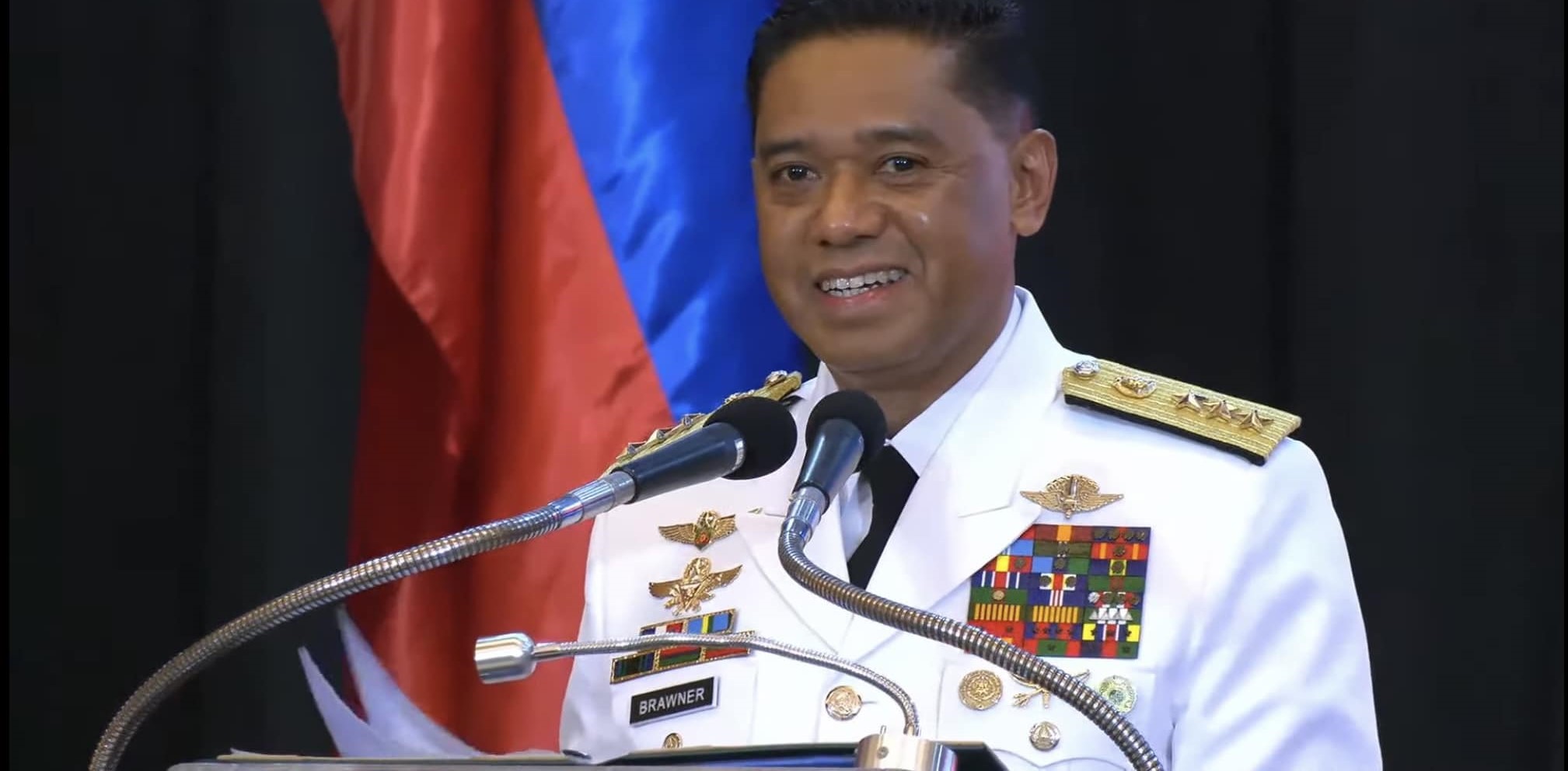The newly appointed Chief of Staff of the Armed Forces of the Philippines (AFP), Gen. Romeo Brawner Jr., has expressed his support for the revival of the mandatory Reserve Officer Training Corps (ROTC) program.
His aim is to instill discipline among the youth and foster a sense of responsibility for defending the country should the need arise.
Having graduated as the Top 2 cadet from the prestigious Philippine Military Academy in 1989, Brawner emphasized that the AFP is determined to avoid the malpractices that plagued the previous implementation of the ROTC program. He assured that measures have been taken to ensure a more effective and accountable program.
In a radio interview with DZRH on Saturday, Brawner noted that President Ferdinand Marcos Jr. has given him clear directives to help prepare citizens and raise awareness of the importance of safeguarding the nation’s territory.
Moreover, he revealed the five “focus areas” that he plans to prioritize during his tenure as AFP Chief, encapsulated in the acronym “U.N.I.T.Y.,” which underscores Marcos’ call for national unity under his administration. The “Y” aspect particularly pertains to youth preparation, including readiness in case the new ROTC law is enacted.
Last year, Senator Ronald dela Rosa filed a bill to revive the mandatory ROTC program for first and second-year students in tertiary education. The curriculum, to be formulated by the Department of National Defense in coordination with the Commission on Higher Education and Technical Education and Skills Development Authority, will focus on key objectives, such as broadening the pool of military reservists available for national defense, providing disaster risk reduction management and response training, leadership development, and inculcating patriotism and love of country.
Brawner also highlighted that the AFP is already taking proactive steps to prepare for the possible revival of the ROTC program. The training of instructors and officers who will manage the program is underway, with a strong emphasis on professionalism and competence to ensure the eradication of past malpractices such as hazing, financial irregularities, and grade manipulation.
To recall, the mandatory ROTC program was discontinued in 2001 following a tragic incident at the University of Santo Tomas, where a cadet, Mark Chua, was killed after exposing alleged corruption within the ROTC program. The incident led to the enactment of the National Service Training Program (NSTP) Act of 2001, which allowed college students to choose between ROTC, Literacy Training Service, or Civil Welfare Training Service as part of their NSTP requirement for graduation.




